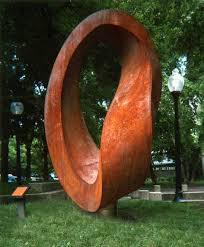 by bubblefunk » Sun May 03, 2009 5:54 pm
by bubblefunk » Sun May 03, 2009 5:54 pm
I don't see much recent fiction on these lists so I thought I'd toss a few your way, take or leave them as you will. All of them have meant a lot to me recently. They're all serious indeed, in intent and execution.
Joyce Carol Oates - I don't know where to begin. She's never written a bad book!
HIGH LONESOME (40 Years of short stories) is a good place to start. WILD NIGHTS and DEAR HUSBAND are both humorous and heartbreaking. She really has her finger on the pulse of human suffering, as THE TATTOOED GIRL and MAN CRAZY will attest (not a lot of humor in those, buyer beware). And, my God, there are so many more.
INFINITE JEST, seconded heartily.
Evan Dara: THE LOST SCRAPBOOK
Matthew McIntosh: WELL
Joanna Rose: LITTLE MISS STRANGE
William Vollmann: Well, everything, both fiction and non-. RISING UP AND RISING DOWN was the most captivating 7-book non-fiction series I've ever had the pleasure of finishing! And YOU BRIGHT AND RISEN ANGELS will please fans of Burroughs and James Joyce no end, I suspect.
The PHINEAS POE trilogy by Will Christopher Baer goes down all kinds of RI-style rabbit holes, as does Michael Marshall Smith's (goes by Michael Marshall in the states) trilogy. Both are quite thrilling and deeply disturbing. I am always surprised to see stuff like this published Smith also has a book called THE INTRUDERS that rang very true to me in a para-para sense: deeply dramatic and convincing woo.
I've also been on a Selby kick lately: what he lacks in dialogue skills (always rang false, contrived to me) he makes up in plot, description and human-condition outright horror.
If anyone wants more let me know. Dinner's ready.


